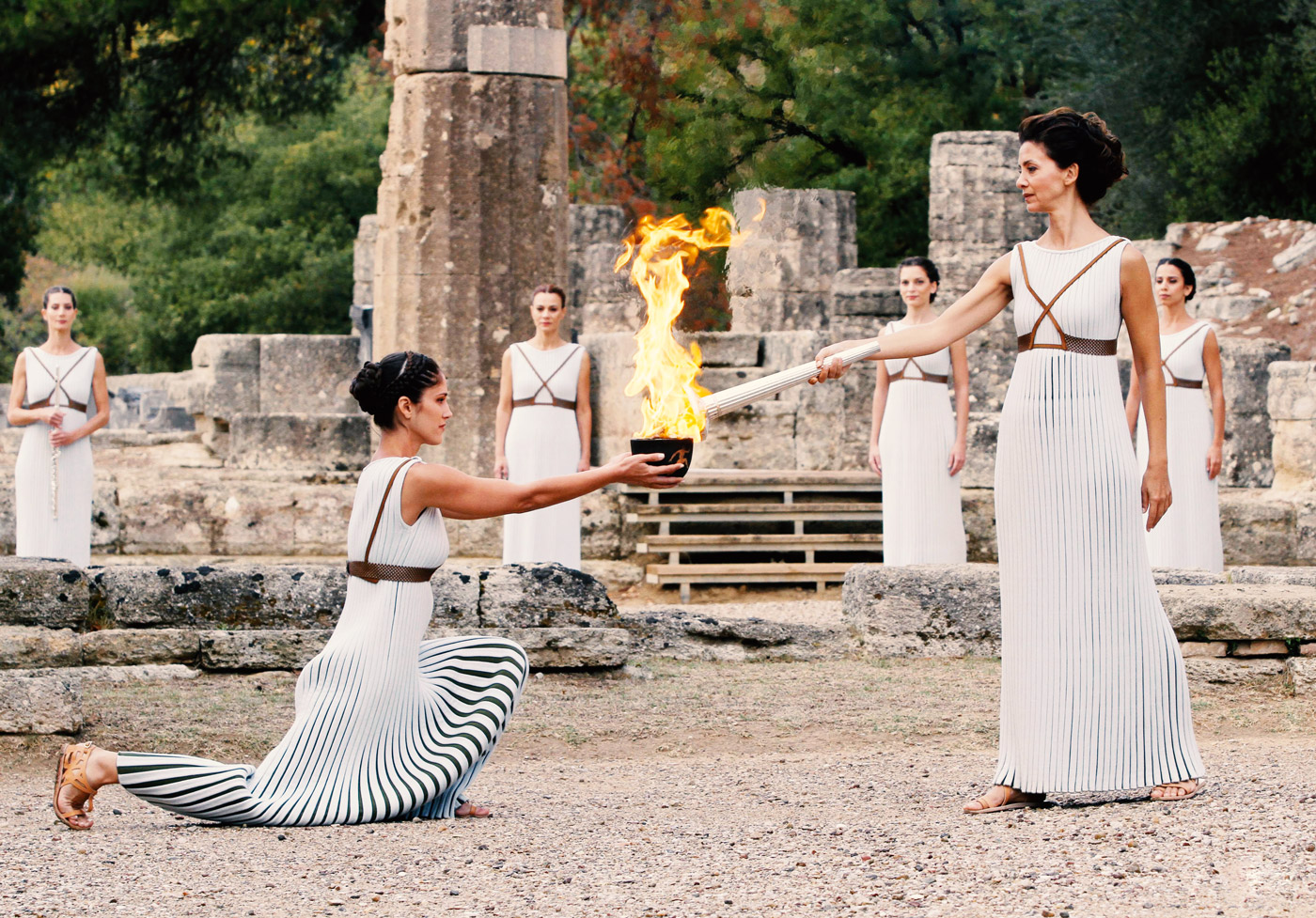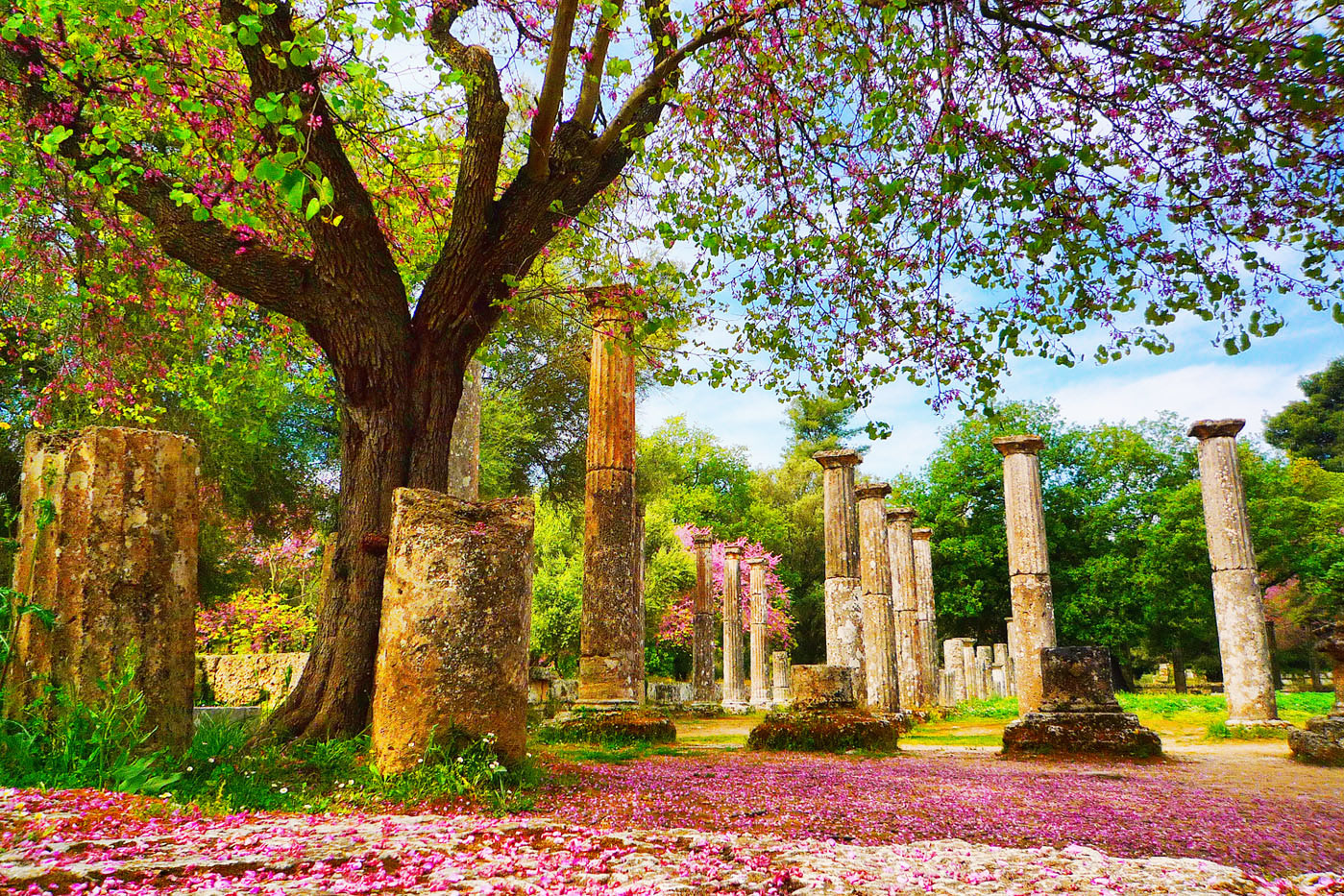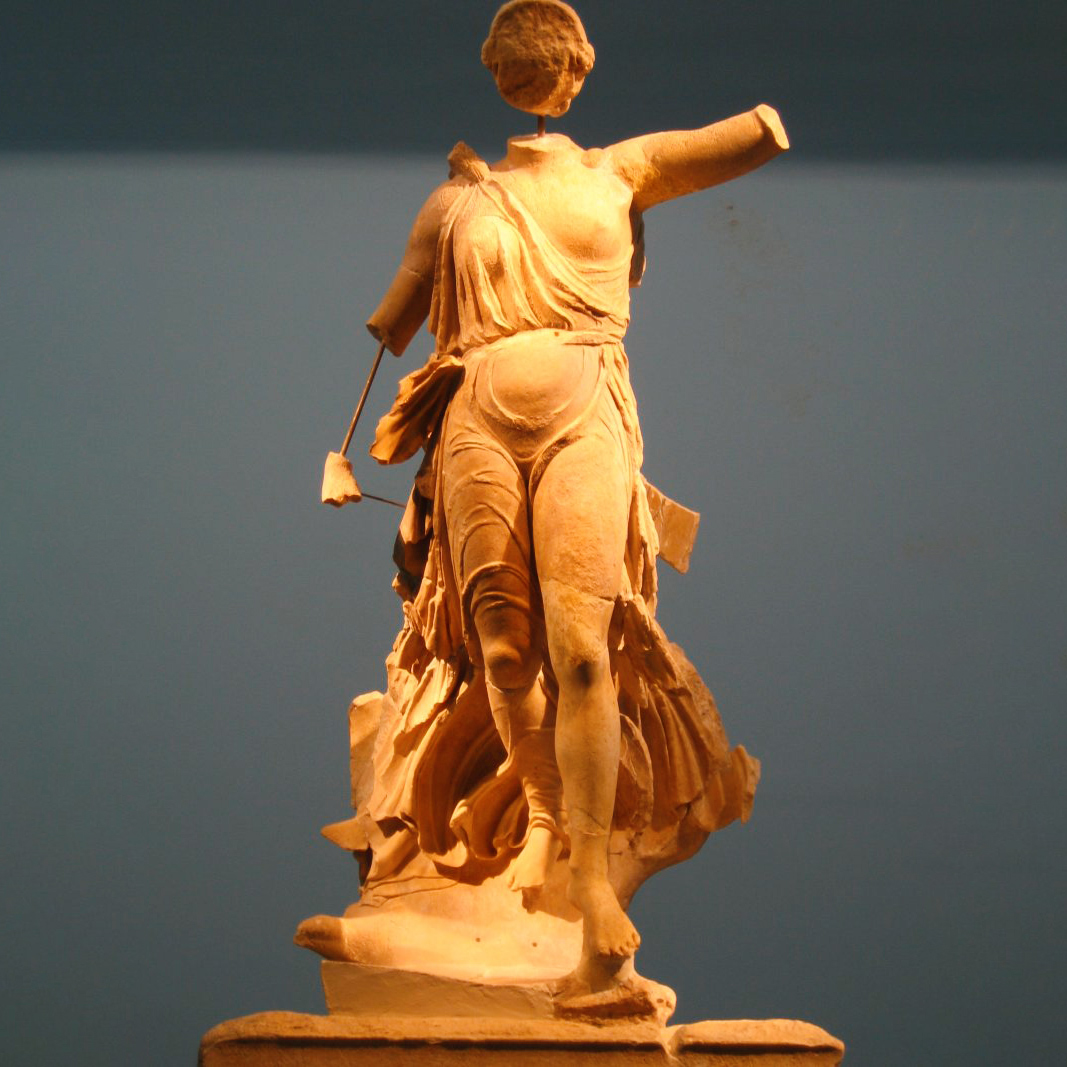The cradle of Olympism, Ilia, since the birth of the most important and enduring institution of sport, nobility and sacred truce. Here every four years for centuries citizens from the known Greek world came together to take part in the races.
Ancient Olympia
A sacred and global city, its sanctuary stretches out into a magnificent landscape, starting at the foot of the verdant Kronios Hill between Alfeios and the tributary of Cladeos. In the Panhellenic sanctuary of antiquity held every four years in honor of Zeus, the most brilliant of the Greeks, the Olympic Games, identified with the ideals of Peace, which for many centuries forged the unity of the ancient Greek world. It was for these ideas that the region of Olympia was declared a sacred and inviolable land, no army was allowed to enter its territory, and wars and hostilities were paused, throughout Greece, during the games. In the Sacred Altus (Grove) of Olympia, life began at the dawn of prehistoric times (2300-2100 BC). Its sanctuary was surrounded by a wall separating temples and religious buildings from the secular ones.
Outstanding among the buildings was the Temple of Olympian Zeus, built by the architect, Livona. Also the temple of Hera, the Registry, the Rectorate and Philippe, were masterpieces that adorned the interior of the holy Alsilion. Apart from the above, an important place in Olympia’s history are the Palaistra, the famous Stadium, the Gymnasium, the Phidias’ workshop, as well as Theecoleon, the Bouleuterion, the house and arch of Neron and Leonidaio.
Olympia’s evolution was based solely on the Olympic Games and their impact on the Greek – and not only – ancient world. All the Greek cities and their colonies in the Mediterranean, Ionia and the Black Sea participated in the worship and sporting activities of the sanctuary and in its formation, building various buildings and dedicating thousands of statues. During her time of great acme, in the jumper, there were more than 3,000 statues, Olympic offerings, and heroic acts and victories.
The most important are Hermes Praxiteles, the Victory of Paionion and the pedimentary complexes of the temple of Olympian Zeus.







